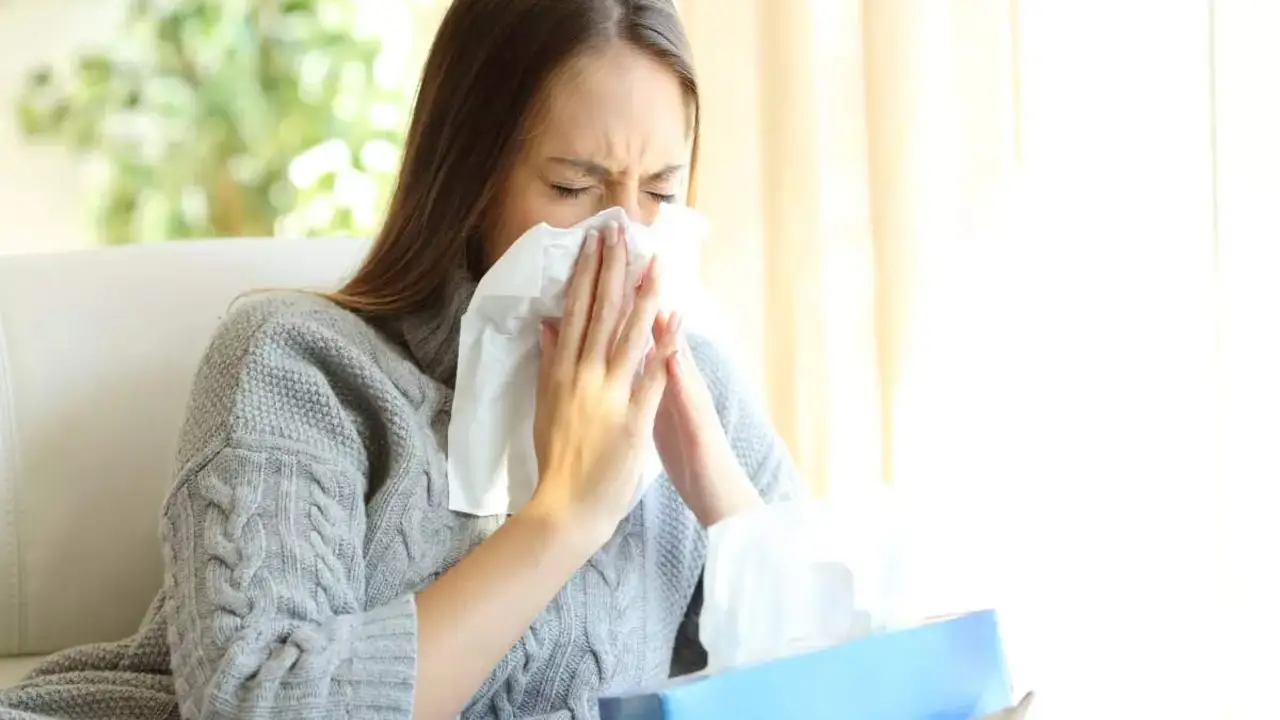Allergy Season Survival Guide – Practical Tips & Top Articles
If you dread the first sneeze of spring, you’re not alone. Allergy season hits hard for millions, but you don’t have to suffer in silence. Below you’ll find clear steps to keep symptoms low and enjoy the outdoors again.
How Allergies Affect Daily Life
Allergies can turn a simple walk into a constant battle with itchy eyes, runny noses, and fatigue. One of our most‑read pieces, “The Impact of Allergies on Life Quality,” breaks down how seasonal triggers disrupt work, sleep, and even mood. Knowing the exact ways allergies mess with your routine helps you target solutions faster.
First thing to notice is when symptoms start: watery eyes, sneezing fits, or a sore throat after exposure to pollen. Keep a quick diary – note the day, location, and what you were doing. Over a week you’ll see patterns that point to specific plants or indoor allergens.
Once you spot the culprits, small changes make a big difference. Close windows during high‑pollen hours (usually early morning), use air filters, and shower right after coming indoors. These habits cut down the pollen load before it settles in your sinuses.
Medication Options & Alternatives
When lifestyle tweaks aren’t enough, medication steps in. Our article “10 Best Alternatives to Atarax for Anxiety and Allergies” lists non‑sedating antihistamines that keep you alert while soothing symptoms. Look for options like cetirizine or loratadine – they work well for most people without the drowsy side effect.
If you need stronger relief, talk to your doctor about nasal steroids such as fluticasone. They reduce inflammation right at the source and are safe for long‑term use when following instructions.
For those who prefer natural routes, we also cover herbal alternatives in “Herbal Remedies vs Prescription Medications.” While some herbs can help, they’re not a substitute for proven meds during peak pollen days. Use them as a complement, not the main line of defense.
Remember to read each medication’s safety profile. Our guides always highlight dosage limits and common side effects so you can avoid surprises. For example, antihistamines may cause dry mouth; staying hydrated and chewing sugar‑free gum helps.
Finally, don’t ignore the mental toll. Allergies can worsen anxiety, especially when they interrupt sleep. Pairing an appropriate allergy med with stress‑relief techniques – like short breathing exercises or a quick walk in low‑pollen areas – creates a balanced approach.
Bottom line: track your triggers, use air quality tools, choose the right medication, and support your body with simple habits. With these steps you’ll get through allergy season feeling more in control and less miserable.

How to Manage Bronchospasm During Allergy Season
- Nov, 9 2023
- 12
Hey there, folks! If allergy season wreaks havoc on your lungs, you're not alone. Managing bronchospasm during this period can be tough, but it's quite doable with the right techniques. In this post, we will detail essential tips on how to deal with the stress on your respiratory system, especially during peak allergy season. From understanding triggers to precautionary measures, read on to make your allergy season more manageable and breath easier.
Categories
- Health and Medicine (63)
- Health and Wellness (57)
- Medicine (37)
- Women's Health (11)
- Mental Health (9)
- Men's Health (7)
- Beauty and Wellness (4)
- Health Information (4)
Archives
- February 2026 (9)
- January 2026 (25)
- December 2025 (28)
- November 2025 (25)
- October 2025 (27)
- September 2025 (14)
- August 2025 (3)
- July 2025 (2)
- June 2025 (2)
- May 2025 (3)
- April 2025 (4)
- March 2025 (4)
- online pharmacy
- medication safety
- dietary supplement
- health benefits
- dietary supplements
- generic drugs
- prevention
- fertility
- online pharmacy Australia
- side effects
- QT prolongation
- medication side effects
- diabetes medications
- GLP-1 agonists
- nocebo effect
- brand vs generic
- treatment
- treatment options
- benefits
- connection
